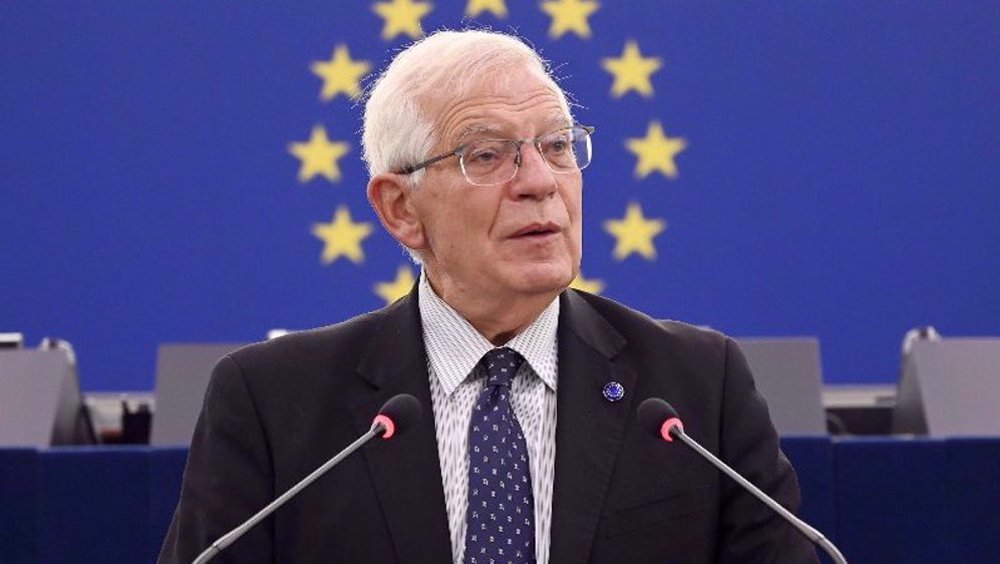Study shows push for EU demise gaining momentum
A recent study has revealed that far-right Eurosceptic parties have gained influence in the European Union and could make efforts to break the bloc.
An analysis which was based on a survey of national opinion polls showed that Eurosceptic parties were trying to break the EU coalition.
Polls were conducted by a variety of bodies in the 27 states that would remain members of the EU after Britain's departure from the body next year.
The survey, which was carried out by Reuters and published in an article by the British state news agency on Thursday, further showed that Eurosceptic parties could expand their strength in the European Parliament by over 60 percent at elections next May.
It also warned that gaining 60 percent of the votes would increase pressure on EU leaders pressing for deeper integration after Brexit.
Of the existing eight transnational party groupings in the European Parliament, the Europe of Freedom and Direct Democracy (EFDD) is a populist Eurosceptic political group.
The EFDD, is dominated today by the UK Independence Party (UKIP), whose 19 members will leave when Britain quits the EU in March.
Later, UKIP joined by Italy’s 5-Star party, EFDD could grow from 45 seats to 59.
The current popularity of the anti-establishment parties in Italy’s new coalition, 5-Star and The League, boosts the score of their current blocs in Brussels, though they may not stay at that level after a year in government in Rome.
Their ratings, and the rise of Alternative for Germany, more than offset the loss to the anti-EU camp of the UK Independence Party, whose 19 members will leave when Britain quits the EU in March, the survey further showed.
The ENF, including Marine Le Pen’s French National Rally and Geert Wilders’ Dutch Freedom Party, could nearly double to 63 seats from 35, thanks in part to the surge in popularity of The League in Italy.
That would raise the two blocs’ combined total to 122 seats from 80 and their share to 17.3 percent from 10.6 percent as the total number of seats falls to 705 from 751 with Britain’s withdrawal. Such a combined force could increase their clout in legislative work, according to the survey.
Meanwhile, the US has allegedly devised a plan to support, coordinate and bolster the anti-EU vote across the Union.
Steve Bannon, an architect of President Donald Trump’s election win in the United States, has been allegedly commissioned to launch the anti-EU movement across the bloc.
Jordan sentences former lawmaker for supporting Palestinian resistance
Basij volunteer forces hold massive drills in southwestern Iran
Israeli war criminals 'not welcome', US city says after ICC ruling
US vetoing of Gaza ceasefire resolution ‘disgraceful’: Iran’s UN envoy
VIDEO | IAEA adopts anti-Iran resolution tabled by E3
VIDEO | Iran's president urges Pope to help end Israel's onslaught in Gaza
Iran's senior legal official: ICC arrest warrant for Netanyahu ‘great victory'
Nov. 21: ‘Axis of Resistance’ operations against Israeli occupation










 This makes it easy to access the Press TV website
This makes it easy to access the Press TV website